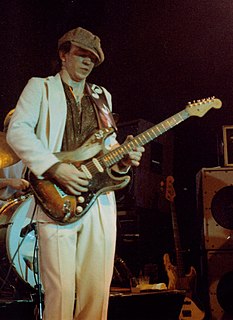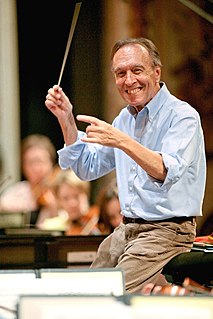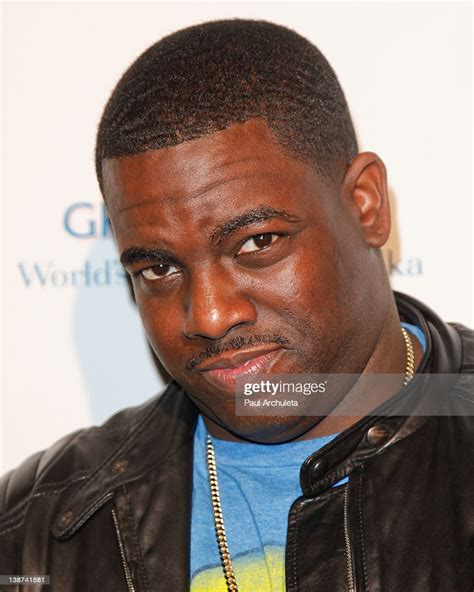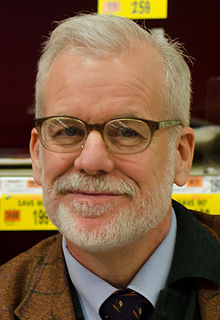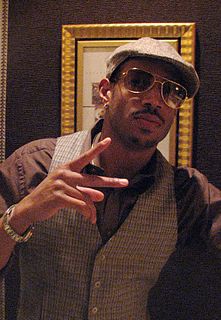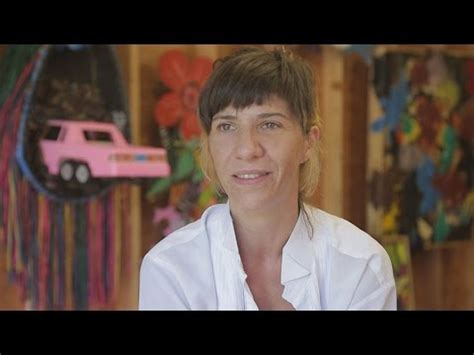A Quote by Gary Burton
Most people learn to improvise on their own, listening to records, endless hours of noodling on their instrument in the bedroom with all their spare time. That's traditionally how people learn.
Related Quotes
They say that there are three kinds of people in the world. There are people who never learn one way or another anything; there are people who learn from their own mistakes, eventually and with great pain; and then there are the really wise people who learn from other people's mistakes and spare themselves the suffering.
I kept listening, kept going to see people, kept sitting in with people, kept listening to records. If I wanted to learn somebody's stuff, like with Clapton, when I wanted to learn how he was getting some of his sounds - which were real neat - I learned how to make the sounds with my mouth and then copied that with my guitar.
When you learn an instrument, it takes an awful lot of time to just learn the scales, and then eventually when you have completely mastered the instrument, the music plays for you. But you still have to keep practicing. And it takes an awful lot of practice. Nonetheless, if you diligently practice, hours and hours and hours and hours, you probably won't get it. You'll probably just end up hurting your fingers.
I think that school just isn't for everyone. A lot of people don't learn well when they're - have to sit in a place for eight hours. A lot of people learn best lying in their own bed, teaching themselves from books. And I was a bad student. I was a brat. If I was a teacher, I would not have liked myself.
I believe that our society's "mistake-phobia" is crippling, a problem that begins in most elementary schools, where we learn to learn what we are taught rather than to form our own goals and to figure out how to achieve them. We are fed with facts and tested and those who make the fewest mistakes are considered to be the smart ones, so we learn that it is embarrassing to not know and to make mistakes. Our education system spends virtually no time on how to learn from mistakes, yet this is critical to real learning.
There isn't going to be anyone to tell you what to do most of the time. It has to be your own decision and you have to learn to trust that, or learn that it's wrong. The hard truth is that there are people who believe they're writers and work hard at it and are sincere about it, but they don't make it. You have to be prepared for that possibility.
Even my colleagues don't read classic criticism. And my feeling is that if you don't do that then you're not really practicing your craft. That's how you learn how to do it. You don't learn how to write about jazz just from listening to jazz. You learn how to write by reading the great writers and how they worked, the great music critics.
You learn timing on the road. You learn structure and how to read an audience. You learn so much about the business of laughter that you can't learn on a set, because it's all on you. Sometimes you bomb, and you know not to tell that joke again... You just hope people find the humor in the awkwardness.
You go out into the world, you read everything you can read, you imitate the things you love, and you learn how hard it is to do. Eventually, you learn your own vision of the world, you learn your own voice and how to hear it, and you learn to write your own work. Writers today have as many opportunities as my generation did, but they don't see the examples as clearly as we did.
To me, the newspaper business was a way to learn about life and how things worked in the real world and how people spoke. You learn all the skills - you learn to listen, you learn to take notes - everything you use later as a novelist was valuable training in the newspaper world. But I always wanted to write novels.


